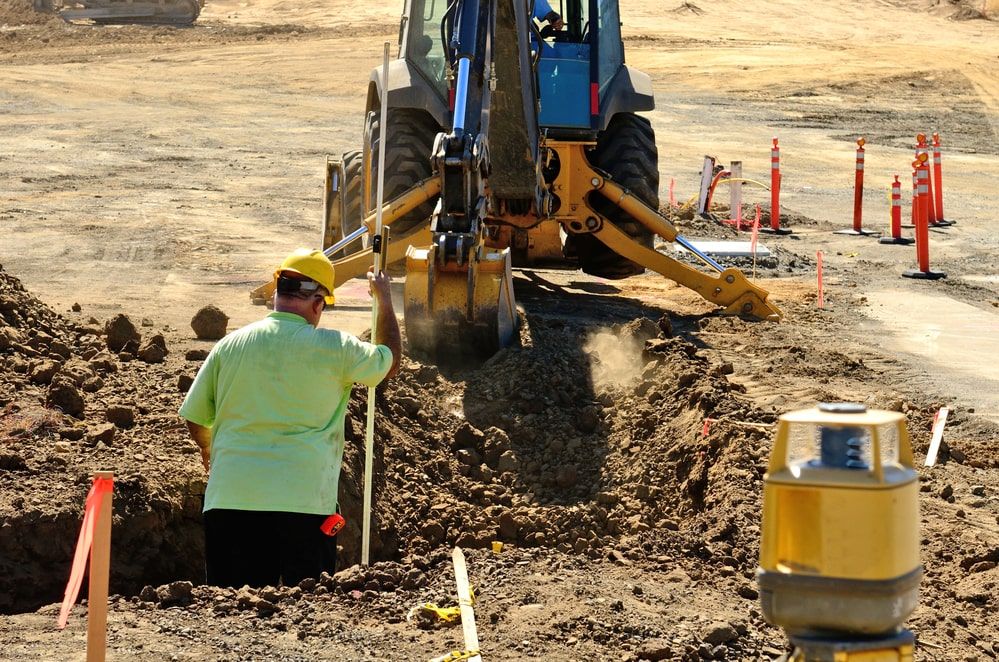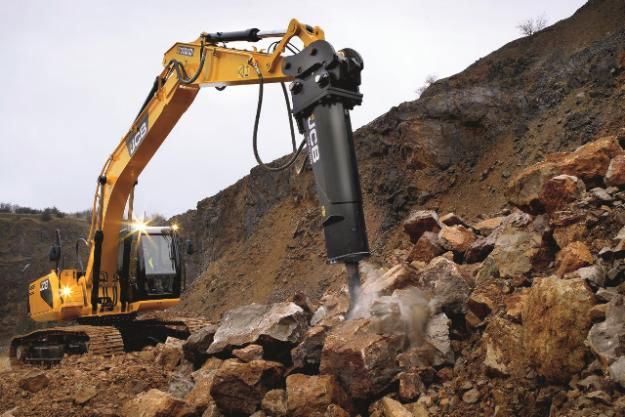Dump Truck Companies in Ohio - Reputable Dump Truck Solutions Throughout Ohio
Dump Truck Companies in Ohio - Reputable Dump Truck Solutions Throughout Ohio
Blog Article
Comprehensive Excavation Approaches: Grasping the Fundamentals for Success
In the world of construction and civil design, the importance of reliable excavation strategies can not be overemphasized. The cautious preparation, accurate implementation, and meticulous attention to detail needed in excavation tasks demand a detailed technique that includes different basic aspects. From preliminary soil analysis to the implementation of safety actions and regular progress monitoring, grasping these core aspects is essential for accomplishing success in any type of excavation undertaking. The real proficiency exists not just in recognizing these principles but in flawlessly incorporating them to navigate the intricacies of excavation tasks with skill.
Recognizing Excavation Job Preparation

The initial stage of any type of excavation job is the planning phase, where crucial decisions are made that can dramatically impact the result of the job. Recognizing the task budget, timeline, and scope constraints is essential for producing a detailed excavation strategy that makes certain the task's success.
One trick facet of excavation job planning is the advancement of a comprehensive timeline that outlines the series of target dates, milestones, and tasks. By thoroughly thinking about all these factors during the preparation phase, excavation projects can be implemented successfully and properly, leading to effective end results - lancaster excavation.
Dirt Analysis and Site Examination
Conducting detailed soil evaluation and website examination is a vital action in the preparation stage of any kind of excavation task. Dirt evaluation involves identifying the make-up, framework, and properties of the dirt at the excavation website. This information is critical for understanding the dirt's bearing ability, dampness content, and possibility for erosion, which are essential consider determining the excavation techniques and devices needed for the task.
Website evaluation exceeds soil evaluation and incorporates a broader analysis of the overall site conditions. This analysis includes identifying any potential hazards, such as underground utilities, environmental worries, or unpredictable terrain, that can impact the excavation procedure. By thoroughly examining the website, task managers can create reliable excavation methods that focus on safety and security, efficiency, and environmental management.
Using innovative modern technologies like ground-penetrating radar, soil tasting, and drone surveys can enhance the precision and effectiveness of soil evaluation and website examination. Spending time and resources in these initial steps can inevitably conserve time and avoid costly hold-ups or problems during the excavation process.
Tools Selection and Use
Efficient excavation jobs count greatly on critical equipment selection and use to make sure ideal efficiency and efficiency. Choosing the best devices for the job is essential in optimizing efficiency and decreasing downtime. Aspects such as the kind of soil, deepness of excavation, and project scope play a considerable function in figuring out the most ideal devices for the task handy.

In addition to choosing the proper devices, proper application is vital to project success. Operators needs to be educated to handle the equipment securely and efficiently - lancaster trenching. Normal maintenance checks and timely repair services aid prevent break downs and ensure constant efficiency throughout the project
Precaution and Laws Conformity
In useful content the realm of excavation tasks, prioritizing safety and security steps and conformity with laws is paramount to guaranteeing a safe and legally sound functional atmosphere. Precaution incorporate a variety of practices, consisting of performing comprehensive site assessments, applying appropriate signage and obstacles, and offering adequate safety and security training for all personnel associated with the excavation procedure. Adherence to policies, such as OSHA needs in the United States, guarantees that the excavation project satisfies the required standards to protect workers, onlookers, and the surrounding atmosphere.

Surveillance Progression and Adjusting Methods
Exactly how can forecast managers effectively track the advancement of excavation tasks and adapt their techniques accordingly to maximize results? Monitoring progression is vital for making certain that excavation tasks remain on track and fulfill due dates. Task supervisors can make use of numerous tools and techniques to track development, such as daily development records, routine website assessments, and advanced surveillance innovations like drones and general practitioners tracking systems. By constantly keeping an eye on the project's improvement, managers can recognize any possible delays or concerns at an early stage and take aggressive steps to resolve them.

Verdict
Finally, mastering the basics of extensive excavation methods is necessary for the success of any kind of project. By comprehending task planning, analyzing soil and content site conditions, choosing ideal equipment, adhering to security regulations, and keeping an eye on progress, job supervisors can guarantee a smooth and effective excavation procedure. Carrying out these methods will certainly cause effective results and minimize potential risks or setbacks during the excavation project.
The first phase of any kind of excavation job is the preparation stage, where essential decisions are made that can substantially influence the result of the job. Recognizing the project timeline, extent, and budget plan constraints is critical for creating a comprehensive excavation plan that makes sure the task's success.
Just how can project supervisors effectively track the improvement of excavation tasks and adapt their methods accordingly to maximize outcomes? By very closely checking progression and being ready to adjust techniques, project supervisors can enhance the total success of excavation jobs.
By recognizing job preparation, evaluating dirt and website conditions, picking suitable equipment, complying with security guidelines, and checking progress, task managers can make sure a reliable and smooth excavation procedure.
Report this page